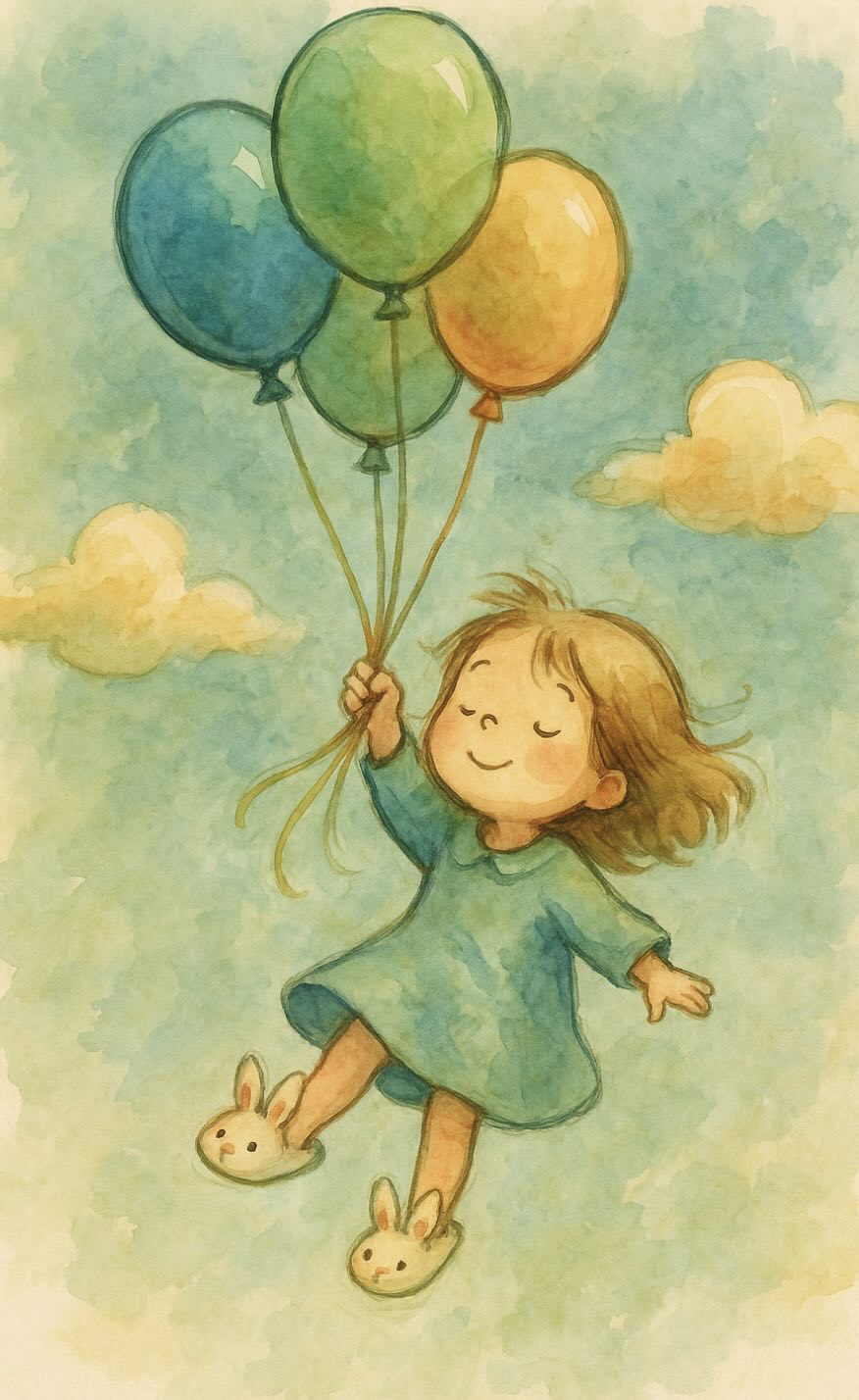
Holding onto Hope
When your sight is in peril and your spirit needs a lifeline, where do you find hope?
I entered the exam room for my second cancer surgery. There was concern that the melanoma had spread to my eyelid.
The planned procedure involved multiple steps each day. And would involve several days. Tissue would be removed by the surgeon, stained, and examined by the pathologist next day. If melanoma was still present, the entire process would be repeated. My wound would be left open until the pathologist reported no trace of melanoma — or I ran out of skin. I was to be awake for this procedure.
Staff quickly readied the room in a beautifully choreographed dance. Instruments hit the bedside metal tray with a tinny rhythm. The fluorescent lights buzzed. Plastic ripped as a syringe package was opened. Grand Central Station was not busier.
The lorazepam I’d taken earlier began to relax me and made me feel reflective. Now belly up, I surveyed the white acoustic ceiling tile. A bizarre thought crossed my mind that a wolf doesn’t assume this position without a great deal of trust. Or desperation.
The room emptied of everyone except the nurse, who began injecting my cheek with lidocaine. Each prick felt like a bee sting.
When she finished, she offered me two soft stress balls.
“Some of our patients like to hold these during the procedure,” she said.
Each had a label: Believe. Hope. I squeezed each one lightly, feeling the cool rubber between my palms.
The enormity of this technically “minor” procedure hit me suddenly and silently. Melanoma was a killer if not removed entirely. My eyelid or eye function could be compromised.
Uninvited grief welled up, burning my eyes. I’m a physician — I understood the stakes clearly. I didn’t want to cry, but the tears came anyway, ignoring my degrees and pride.
My wet face now smeared the freshly drawn magenta markings on my face. These marks would guide the scalpel. I looked in the mirror. Alice Cooper stared back. I felt like chuckling. However, a grim reality set in. Alice could wash his makeup off. My scars would be permanent.
The nurse quietly approached me, putting a warm hand on my shoulder. Her gesture was a silent witness to my sadness.
“Would you like some music on?” she asked softly.
“What kind?” I replied. I was very familiar with music in the operating room, but usually the patient was asleep. The selection was solely the surgeon’s choice.
“Whatever you want,” she replied.
“Do you have spa music? Like a pan flute or singing bowl?” Somehow that felt more reverent, more sacred, more in tune with the body’s rhythms. Though frankly, I’d rather be having my nails done.
“I love that!” she said. “No one has ever asked for that! Thank you!”
She looked up, walked over and hugged me. “You’re going to be fine.” I wiped away another tear.
“Tell me about you,” I asked. “Do you live in the city?”
I tried to ease the tension by asking how she was doing. Asking about her life as mine was about to change dramatically. My tears dried.
My physician walked in, casually dressed like a millennial going to a coffee shop book club. She explained her washing machine had broken — hence no clean scrubs.
As she began to check my computerized medical record, she accidentally turned the glowing screen toward me. Zoomed in and mapped was my nude full-body avatar. And at eye level — my fully exposed bare bottom! I was ready to start crying again.
As my doctor started the first incision, I was left with my thoughts — and the stress balls. I had learned that hope isn’t just optimism. In psychology, it’s goal-oriented, something to move toward. You believe that you can take the steps needed. You make active plans to get there. And when one pathway closes, you find another, because hope requires as much flexibility as determination.
My malleable stress balls became literal metaphors.
I could believe in myself to move forward despite bad news. I could face whatever comes next with inner strength, trusting the melanoma would be removed before it spread. I would find a way to do what was necessary to heal.
My husband and I returned to the hotel room that night. I had to wait for the biopsy results, knowing my doc might need to remove more tissue the next day. My incision was left open, covered with white bulky gauze.
It had been a long day.
Unexpectedly, I realized I had grabbed a lifeline. It came in the form of those small round objects. That night, I closed my eyes holding onto hope with both hands.
Thanks for reading! What gives you hope? Feel free to comment below.
-
Link to Pits and Grit for a story about resilience.
-
Link to “After the Rain” for lessons on starting again.
-
Link to “Courage at 0.5 MPH” for small steps to find a way through fear.

